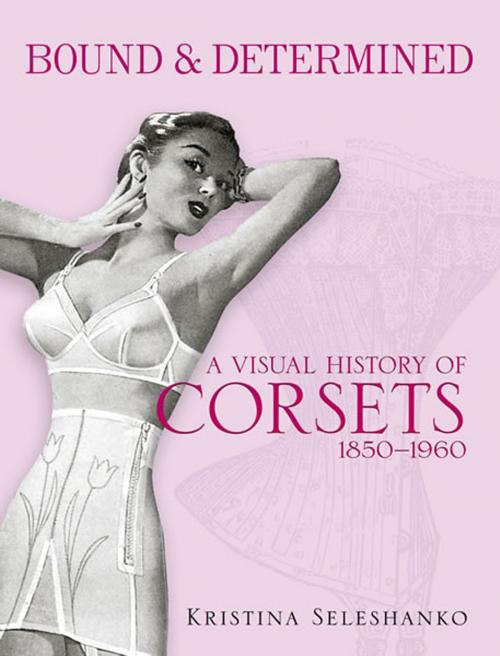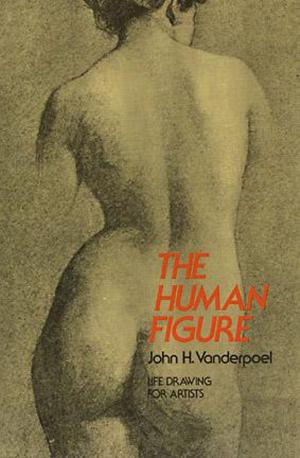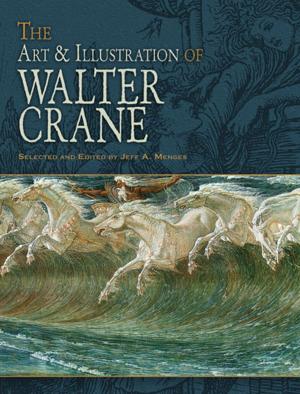Bound & Determined
A Visual History of Corsets, 1850-1960
Nonfiction, Art & Architecture, General Art, Fashion| Author: | Kristina Seleshanko | ISBN: | 9780486276281 |
| Publisher: | Dover Publications | Publication: | April 9, 2013 |
| Imprint: | Dover Publications | Language: | English |
| Author: | Kristina Seleshanko |
| ISBN: | 9780486276281 |
| Publisher: | Dover Publications |
| Publication: | April 9, 2013 |
| Imprint: | Dover Publications |
| Language: | English |
Corsets in one form or another have existed since biblical times. By the 19th century, they were so firmly entrenched in feminine life that it seemed impossible to live without them. These foundation garments altered more than the figure — their restrictions affected the wearer's behavior as well as impressions of her character. Until they were supplanted by diet and exercise, corsets offered the customary means of obtaining the currently popular shape: the rigidly flat torso and raised bosom of the seventeenth century; the eighteenth century's shoulders-back, flat-stomached, high-busted look; or the hourglass figure of the 19th century.
This revealing history of corsetry ranges from the 19th through the mid-20th centuries, showing how simple laced bodices developed into corsets of cane, whalebone, and steel — many of them painfully constricting. Abundant illustrations include line drawings, photographs, and patterns from a diversity of sources, such as clothing catalogs, newspaper advertisements, and magazine articles. Costumers, designers, and fashion historians will find this volume a valuable source of information and inspiration.
Corsets in one form or another have existed since biblical times. By the 19th century, they were so firmly entrenched in feminine life that it seemed impossible to live without them. These foundation garments altered more than the figure — their restrictions affected the wearer's behavior as well as impressions of her character. Until they were supplanted by diet and exercise, corsets offered the customary means of obtaining the currently popular shape: the rigidly flat torso and raised bosom of the seventeenth century; the eighteenth century's shoulders-back, flat-stomached, high-busted look; or the hourglass figure of the 19th century.
This revealing history of corsetry ranges from the 19th through the mid-20th centuries, showing how simple laced bodices developed into corsets of cane, whalebone, and steel — many of them painfully constricting. Abundant illustrations include line drawings, photographs, and patterns from a diversity of sources, such as clothing catalogs, newspaper advertisements, and magazine articles. Costumers, designers, and fashion historians will find this volume a valuable source of information and inspiration.















